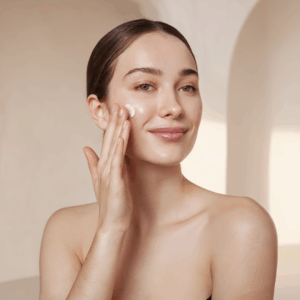
Why Healthy Skin Month Is the Perfect Time to Refresh Your Routine
Healthy Skin Month is here! Discover how to protect your skin this winter and book your skincare consultation today!
Shannon Del Grande is now seeing patients in our Wayne/Chesterbrook office.
Men’s skin health is just as important as women’s, yet it often receives different attention. Surprisingly, 33% of men admit they don’t wash their faces daily, and only 59% of men aged 18 to 24 believe they need to look after their skin, according to ACUPOLL Precision Research. Men’s Health Month is dedicated to raising awareness about health issues that disproportionately affect men, encouraging proactive steps toward better health, and adopting a proper skincare routine.
In this article, we will provide simple yet effective steps to maintain healthy skin. We will cover essential skincare routines tailored for men, common skin conditions they face, and the appropriate times to seek professional help.
While this article spells out some important information about men’s health, we highly recommend you read the full article, here are the key points we will focus on:
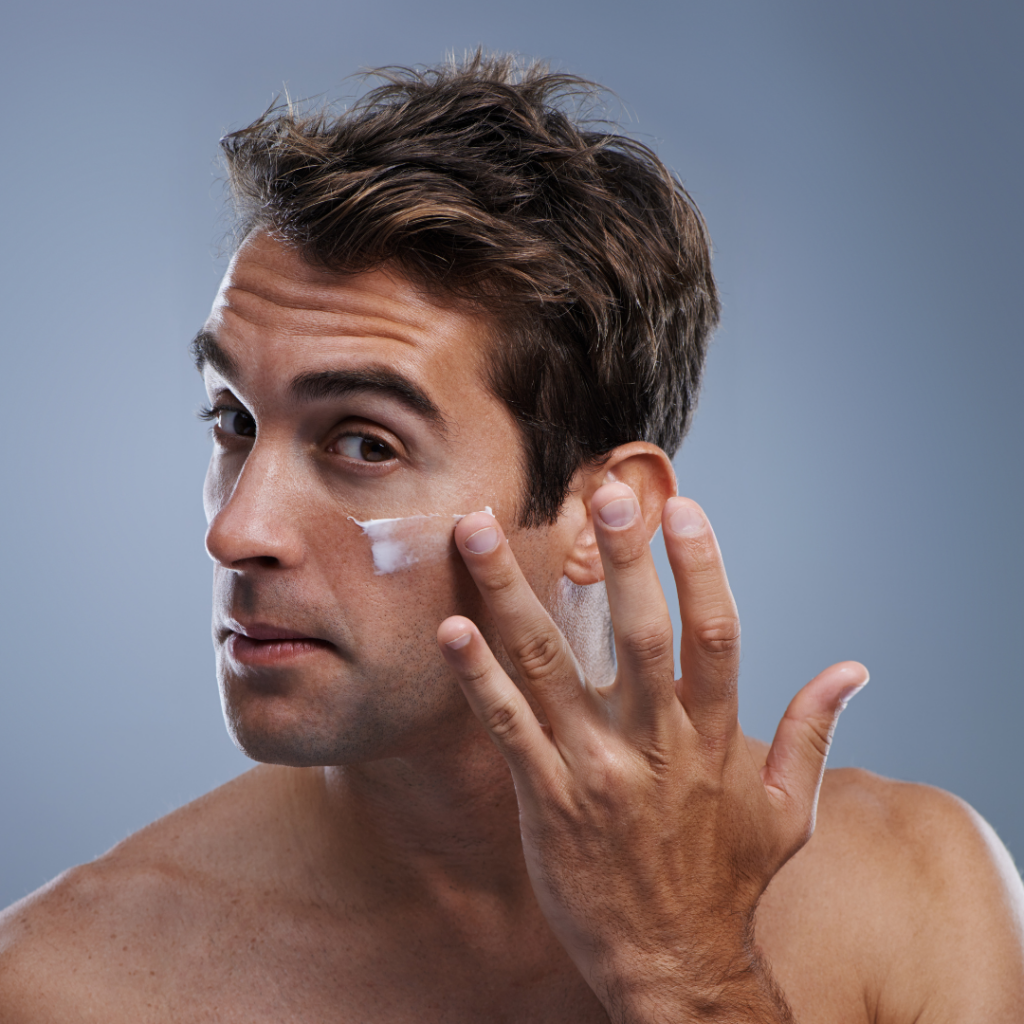
Men’s Health Month is an annual awareness campaign held in June that aims to educate and empower men to prioritize their well-being and tackle health issues head-on. Throughout the month, healthcare professionals and organizations work together to emphasize the importance of regular medical check-ups, a balanced diet, consistent exercise, and proper skincare as integral components of a healthy lifestyle for men.
The majority of men remain unaware of the different skin conditions that can affect them, such as acne, eczema, and dandruff. Statistics also highlight that men over 50 face a significantly higher risk of melanoma, the deadliest skin cancer. A comprehensive skincare routine can prevent these common issues, promoting overall well-being.
Men face various skin conditions that can impact their health and confidence. Understanding these conditions and how to address them is crucial for maintaining healthy skin. Following are some of the most common skin conditions prevalent in men:
Due to higher testosterone levels, men’s skin produces more oil, leading to clogged pores and breakouts. Common symptoms of acne in men include pimples, blackheads, whiteheads, cysts, and nodules. Acne can persist into adulthood, with around 12% of men aged over 40 experiencing adult acne.
Eczema, or atopic dermatitis, affects about 10% of adults in the United States, with men experiencing this condition almost as frequently as women. It is characterized by itchy, inflamed skin and can be triggered by allergens, irritants, stress, and sweating. Men who work in environments with high exposure to irritants may be particularly susceptible.
Men are more prone to seborrheic dermatitis, commonly known as dandruff, due to higher levels of androgens, which can increase sebum production. This oily substance can lead to skin irritation. Additionally, men often have thicker skin and more hair follicles, providing a more favorable environment for the yeast Malassezia, a common trigger for dandruff. Lastly, lifestyle factors such as stress and certain grooming habits can exacerbate dandruff symptoms in men.
Men are at a higher risk of melanoma partly due to greater exposure to UV radiation from outdoor activities. Common symptoms of skin cancer include new growths or sores that don’t heal, changes in existing moles, and lesions that change in size, shape, or color. Regular skin checks and protective measures against UV exposure are critical in reducing this risk.
For more detailed information on these conditions and their management, consult a dermatologist at Bryn Mawr Dermatology.
A skincare routine specifically for men involves understanding the unique characteristics of men’s skin. Men’s skin tends to be thicker, oilier, and more prone to certain conditions due to higher levels of testosterone. Here are some simple steps every skin care routine should include:
Cleansing: Use a gentle cleanser twice daily to remove dirt, oil, and impurities without stripping the skin of its natural barrier. Look for products suitable for your skin type, whether oily, dry, combination, or sensitive. A good option for most skin types is Bryn Mawr Dermatology’s Soothing Foamy Cleanser. This calming cleanser is specially formulated to wash away dirt and excess oil while combating the irritation and redness often experienced by those with sensitive and rosacea-prone skin.
Moisturizing: Apply a moisturizer daily to keep your skin hydrated and maintain its natural barrier. Even if you have oily skin, a lightweight, non-comedogenic moisturizer can help balance oil production and prevent dryness. Many men report they don’t use moisturizers because of the heavy, greasy feeling that they leave on the skin. A great, lightweight option that provides ample hydration but leaves no trace is BMD’s Hydro Peptide Gel.
Sun Protection: No matter what gender you identify as, we suggest using a sunscreen with at least SPF 30 daily, even on cloudy days, to protect your skin from harmful UV rays. This helps prevent skin cancer and premature aging. For those who want a product that not only protects from the sun, but reverses sun damage, won’t run into your eyes, and does not clog pores, ISDIN Eryfotona Actinica is an awesome option.
Targeted Treatments: Address specific skin concerns with targeted treatments. For example, use a salicylic acid or benzoyl peroxide treatment for acne or a hydrocortisone cream for eczema flare-ups. For those who struggle with dandruff (which is just as common around the nose, in the eyebrows, and in the beard as on the scalp) a shampoo that doubles as a facial treatment could be just what you’re looking for. CLn Shampoo provides powerful flake reduction in a soothing one-and-done step.
By following these steps and selecting the right products suited to skin type, men can effectively manage and prevent common skin issues.
Creating an effective skincare routine doesn’t have to be complicated. Here’s a simple daily regimen that men can follow to improve their skin health:
Consistency is key, so make these steps a daily habit to see the best results.
While a consistent skincare routine can produce healthy skin, which in turn fends off many common skin issues, there are times when professional help from a dermatologist is necessary. Here are some situations where you should consider scheduling an appointment:
Regular visits to a dermatologist can help you maintain healthy skin and catch potential issues early. If you have any of the above symptoms or conditions, don’t hesitate to seek professional advice.
At Bryn Mawr Dermatology, we understand the skincare needs of men and provide comprehensive treatments tailored to address various skin concerns. Dr. Christian Albornoz, one of our expert dermatologists, practices at our Chesterbrook and Collegeville locations, offering a professional and empathetic approach. Consulting with a male dermatologist like Dr. Albornoz can provide an added layer of comfort for men facing skin conditions in intimate areas. Specialized expertise, convenient locations, and a patient-centered approach distinguish our practice. Schedule a consultation today to experience our state-of-the-art facilities and start your journey to healthier skin. Call us at 610-525-7800 or visit Bryn Mawr Dermatology.

Healthy Skin Month is here! Discover how to protect your skin this winter and book your skincare consultation today!
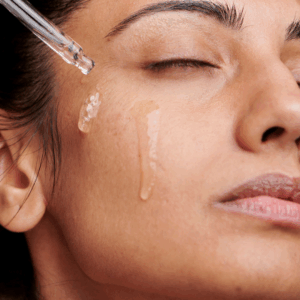
Celebrate Skincare Awareness Month by making your skin health a top priority. Discover expert tips and book your appointment today!
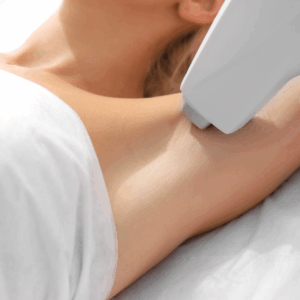
Do you want to fade acne scars, smooth wrinkles, or remove unwanted hair? Learn how laser skin treatments can help!

Give your skin a much-needed reset this back-to-school season. Book your full-body skin check with Bryn Mawr Dermatology today.

Ready for a skin reset? Refresh your glow after summer with expert care and treatments at Bryn Mawr Dermatology. Book your appointment today.
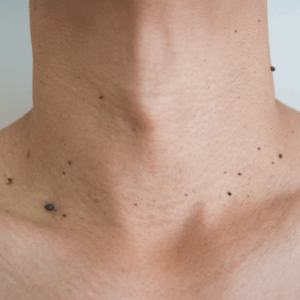
Is that bump a wart or a skin tag? Learn how to spot the difference, and when it’s time for treatment your next treatment.

By: Bryn Mawr Dermatology, Published: June 12, 2024
Medically Reviewed By: Christine Stanko, MD, FAAD – June 12, 2024
For COSMETIC APPOINTMENTS:
For MEDICAL APPOINTMENTS: